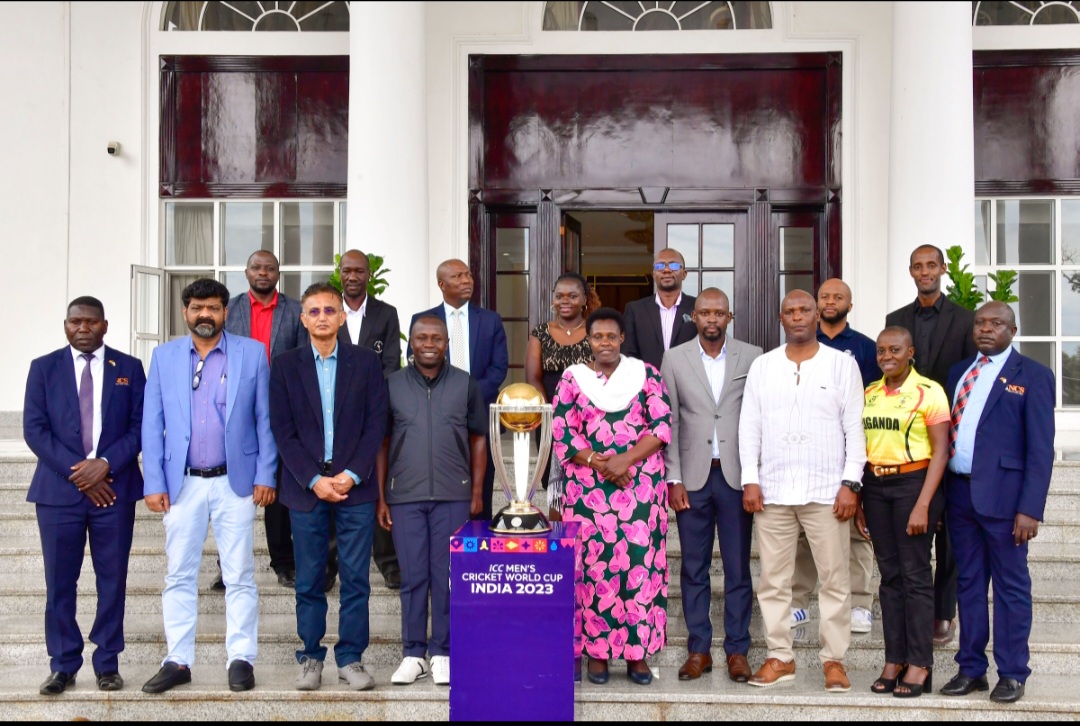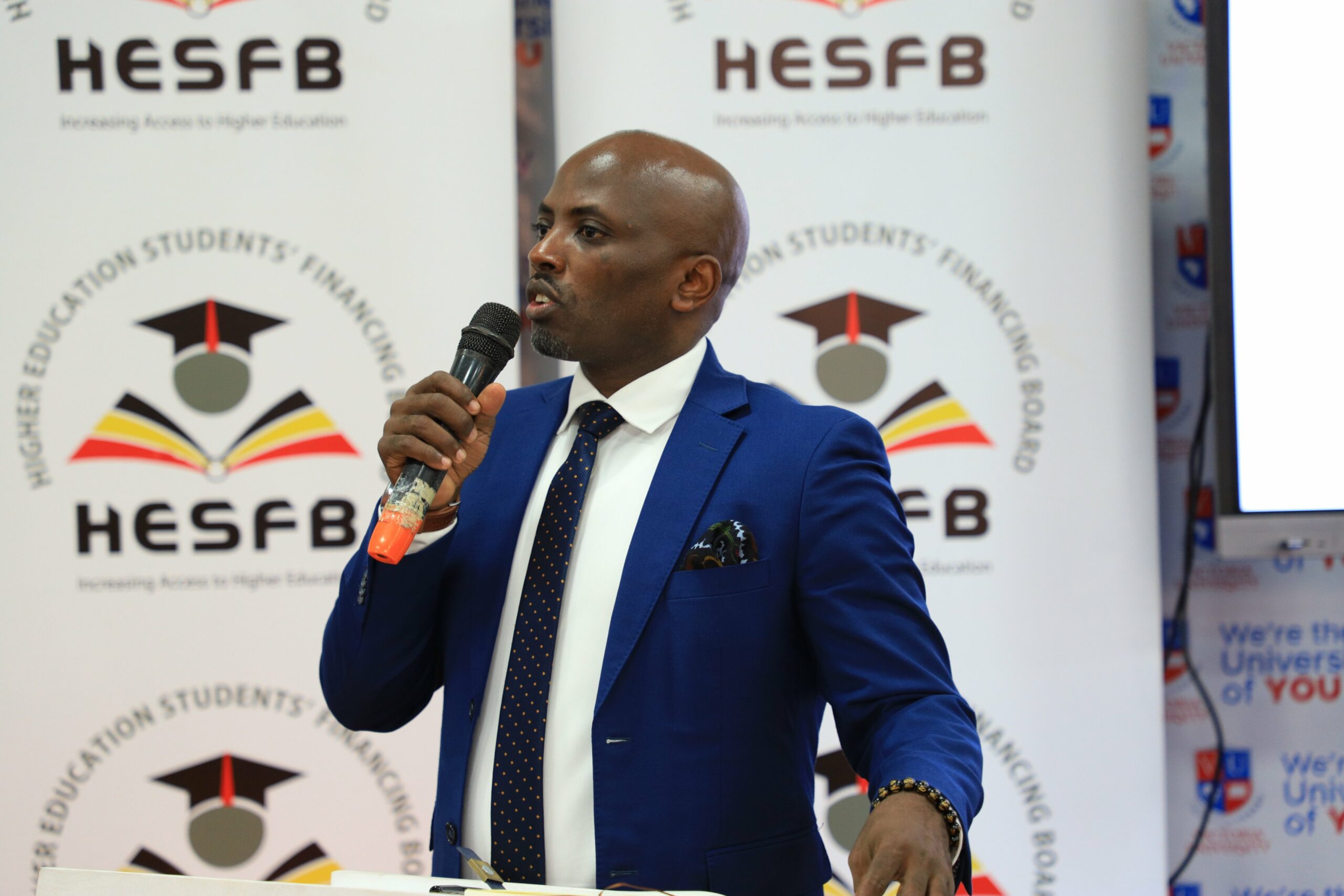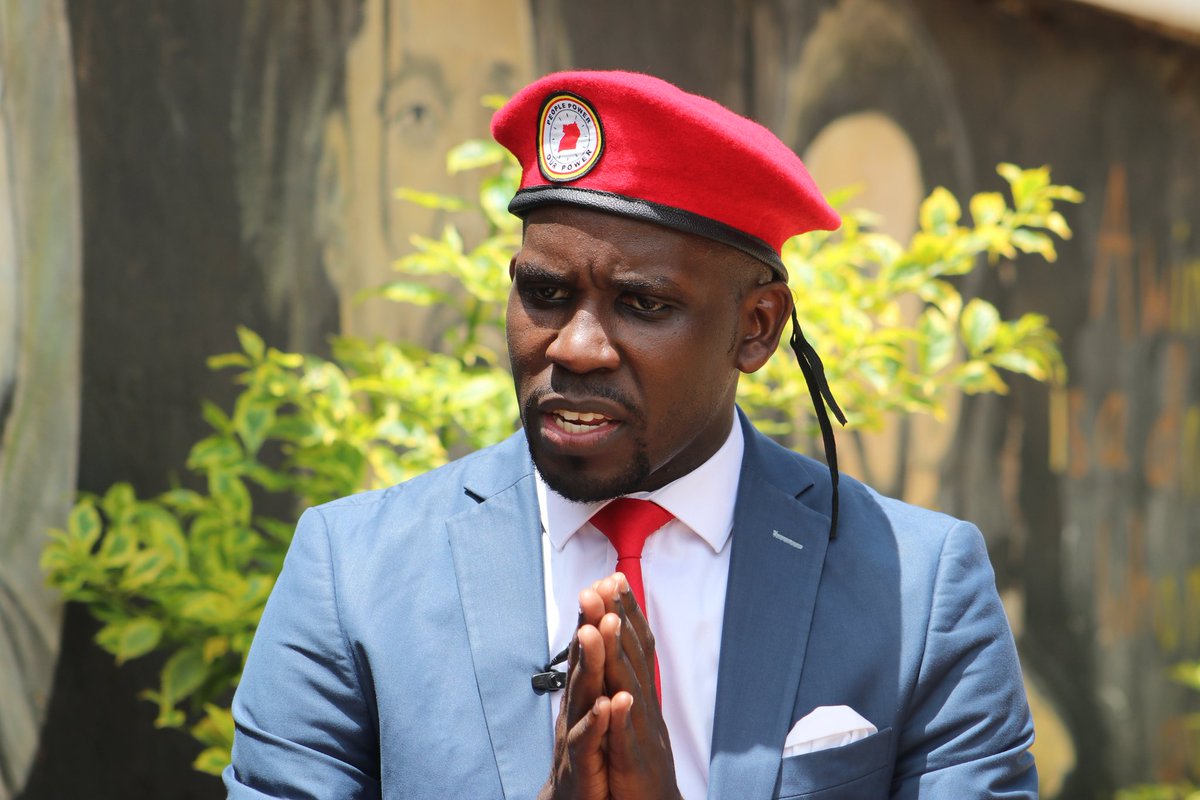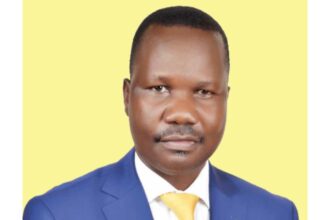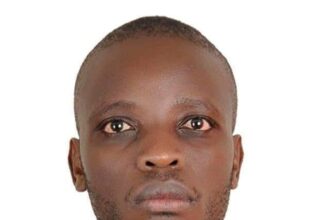Zimbabwe’s President Emmerson Mnangagwa has secured a second and final term in office, a result contested by the opposition and questioned by observers.
Mnangagwa clinched victory with 52.6 percent of the vote, while his main rival, Nelson Chamisa, received 44 percent, according to the official results declared by the Zimbabwe Electoral Commission (ZEC) late Saturday evening.
ZEC chairperson Justice Chigumba informed journalists that “Mnangagwa Emmerson Dambudzo of the ZANU-PF party has been duly elected as the president of the Republic of Zimbabwe.”
The elections faced delays that fueled opposition claims of manipulation and voter suppression. A small faction of supporters from the ruling party celebrated the outcome on Saturday.
However, Promise Mkwananzi, spokesperson for Chamisa’s Citizens Coalition for Change (CCC), stated that the party had not endorsed the final tally, labeling it as “false.” He conveyed to the AFP news agency that “we cannot accept the results” and added that the party would soon reveal its subsequent steps.
Zimbabwean President Emmerson Mnangagwa is nicknamed ‘The Crocodile’ due to his ruthless reputation. The electoral event garnered attention across southern Africa, serving as a gauge of support for Mnangagwa’s ZANU-PF. The party’s 43-year rule has been marred by its mishandling of the economy and allegations of authoritarianism
On Friday, foreign election monitors reported that the elections fell short of meeting both regional and international standards. The head of the European Union’s observer mission stated that the voting occurred in an atmosphere of fear.
The Southern African regional bloc, SADC, observed various issues such as voting delays, problems with the voter roll, opposition rally bans, and biased state media coverage.
Political analyst Rejoice Ngwenya remarked, “The elections were marked by irregularities and caused dissatisfaction among the people of Zimbabwe.” Ngwenya suggested that the CCC (opposition party) had valid grounds to take the matter to court and challenge the election outcome.
Chigumba announced that the 80-year-old Mnangagwa secured over 2.3 million votes, while the 45-year-old Chamisa received more than 1.9 million votes. With more than half of the cast votes, the president avoided a runoff election. The voter turnout stood at 69 percent.
Nicole Beardsworth, a politics lecturer at the University of the Witwatersrand, speculated that the delayed Saturday announcement of results might have been in response to criticisms from SADC and other election observers. She expressed concerns about the speed at which ZEC was revealing the presidential results.
In a related development, ZANU-PF emerged victorious in the parliamentary vote, securing 136 out of 210 seats available through a first-past-the-post system. In contrast, the CCC won 73 seats. One seat remained unassigned due to the death of a candidate.
An additional 60 seats were reserved for women selected through a party-list system based on proportional representation.
Mnangagwa, nicknamed “The Crocodile” and known as Mugabe’s enforcer, outmaneuvered the ailing Mugabe to attain power amid widespread protests. In 2018, he narrowly defeated Chamisa in a contested election, a result that the opposition leader criticized as fraudulent.
After assuming leadership from long-standing figure Robert Mugabe following a 2017 military coup, Mnangagwa was widely anticipated to win re-election despite the ongoing economic crisis.
Analysts pointed out that the electoral competition was heavily skewed in favor of the ZANU-PF party, which has governed Zimbabwe since its independence and the end of white minority rule in 1980.
Do you have a story in your community or an opinion to share with us: Email us at Submit an Article




